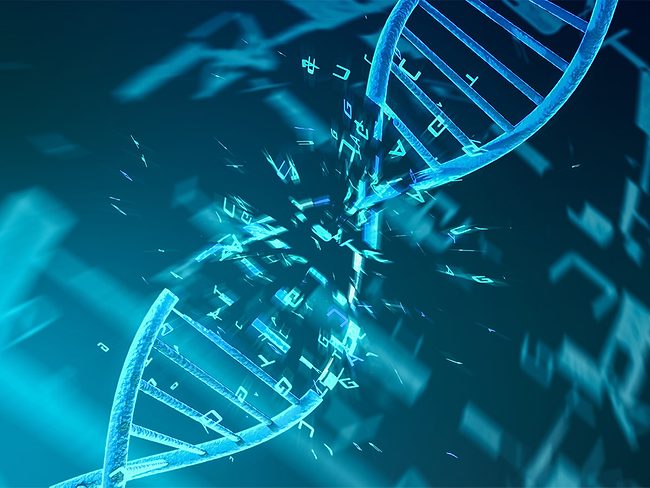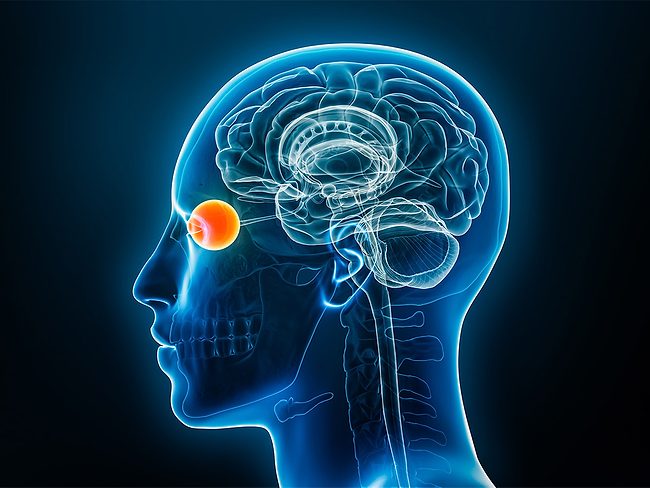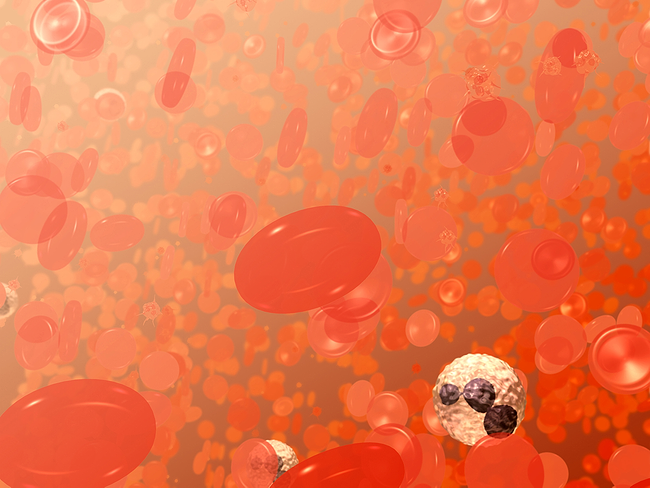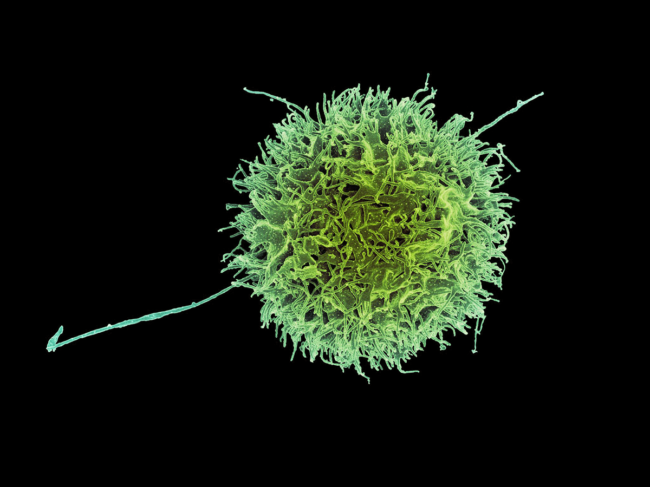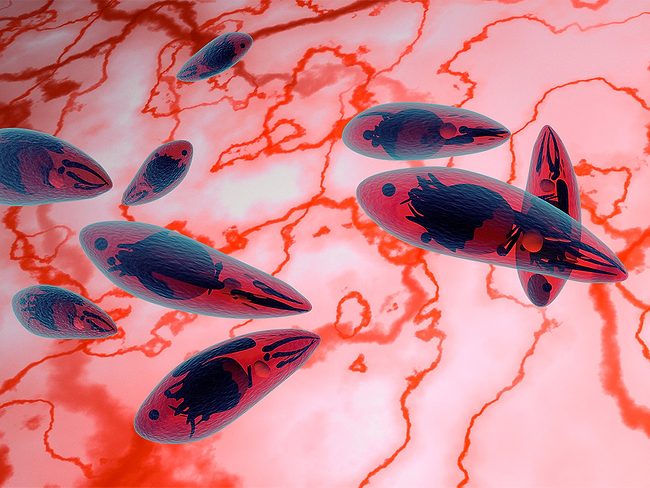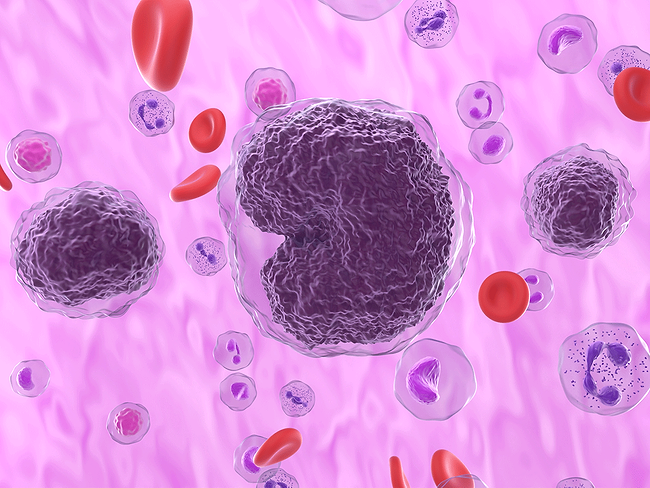
Drug design, drug delivery and technologies, BioWorld Science
Drug design, drug delivery & technologies
C4 Therapeutics delivers 2nd Bidac degrader to Biogen
Read MoreDrug design, drug delivery & technologies
Gilead and Genesis collaborate on drug discovery
Read MoreDrug design, drug delivery & technologies
